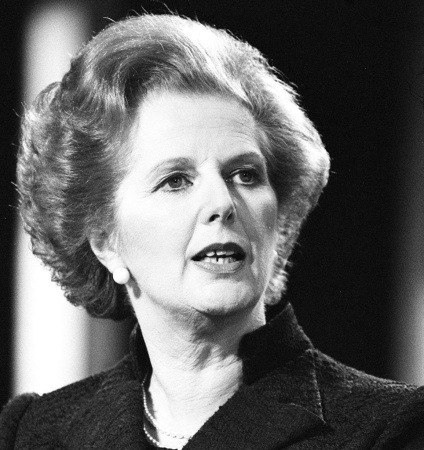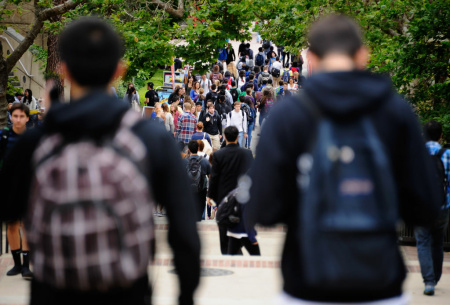
Even though smoking is a legal activity, should employers be allowed to adopt non-smoker hiring practices?; Credit: PABLO PORCIUNCULA/AFP/Getty Images
As if there weren’t enough impediments to landing a job these days. A growing national trend has some employers – predominantly health care institutions – deeming those who admit to being tobacco users candidates-non-grata. Twenty-nine states, including California, have laws prohibiting discriminatory hiring based on legal activity, and as of this writing, smoking is still legal throughout the U.S. But in those who don’t, employers are free to cite being smoke-free as a condition of employment.
The latest to adopt the policy is the University of Pennsylvania Health Care System; their website calls it a step “toward a tobacco free future” and lists improving worker health and reducing insurance costs among the reasons. Candidates are required to attest on their application that they don’t light up, with falsified information grounds for termination. Civil rights advocates call the policy invasive and discriminatory.
What’s next, you might ask? What other potentially harmful yet legal activities could violate future company policies - drinking, swimming, dancing barefoot? Does a non-smoking workforce really translate into saved costs for employers? Should people be encouraged to kick the habit with sticks rather than carrots? Should California amend its current law to allow for a ban on hiring smokers?
Guest:
Lewis Maltby, President, National Workrights Institute



























